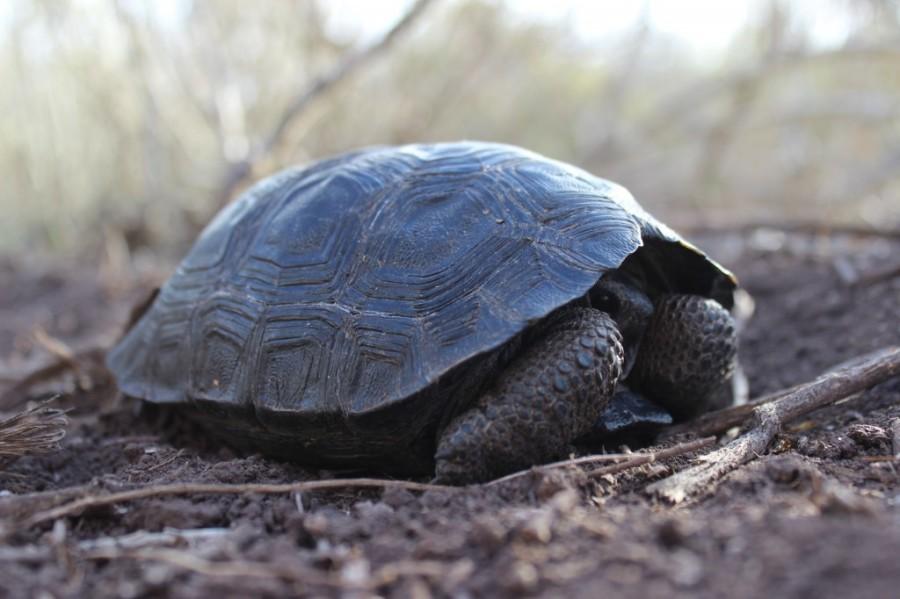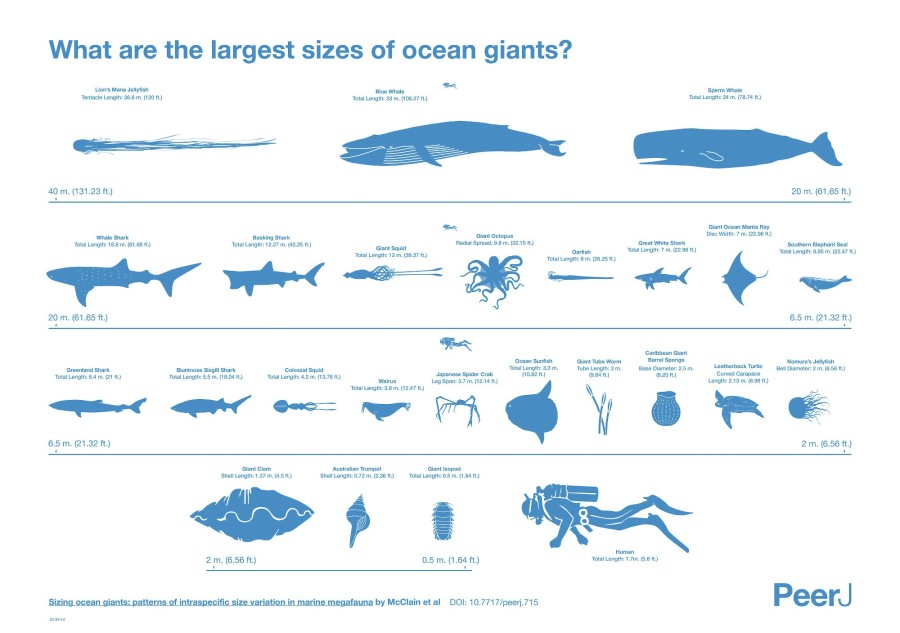
An endangered deer that hasn’t been spotted since 1948 was recently sighted in northeastern Afghanistan by a team of researchers. The Kashmir musk deer is not only remarkable in its continued survival, but in its strange appearance. The males have tusks that resemble fangs. They use these during the rutting (mating) season to compete for females. Kashmir musk deer are about 0.8 to 1 meter long and can weigh anywhere from 7 to 17 kilograms. They are native to northern India’s Himalayas, northern Afghanistan and Kashmir, the region in Pakistan for which it was named. And they are probably the only animal that can make fangs look cute.
Kashmir musk deer are part of a larger genus known as Moschus, or musk deer. Musk deer are hunted for their meat and their musk glands. Musk used to be commonly used in perfumery, but is now often replaced with synthetic scents. However, the musk is still coveted for cosmetic and pseudo-medicinal purposes, and is worth about $45,000 per kilogram in illegal markets. The researchers also found evidence of this in their studies: a dead deer as a result of poaching.
These deer also suffer from extreme habitat loss. Additionally, because of political issues and violence, conservation agencies have not been able to conduct proper studies of the deer’s survival. The good news is that the Wildlife Conservation Society has trained locals to monitor and study the musk deer, and report back to the organization.
The International Union for Conservation of Nature lists the Kashmir musk deer as endangered because of “a serious population decline, estimated to be more than 50 percent over the last three generations (approximately 21 years), inferred from over-exploitation, which is characteristic of this genus…it should also be noted that the species has a relatively restricted range, and so its population is unlikely to be large.”
The researchers, however, are hopeful and stated that, “this rare species, along with better known wildlife such as snow leopards, are the natural heritage of this struggling nation. We hope that conditions will stabilize soon to allow the WCS and local partners to better evaluate conservation needs of this species.”
Political issues will continue to take precedent over the Kashmir musk deer’s survival. But hopefully this fearsome-looking herbivore will get the support it needs to recover while there is still time left.



